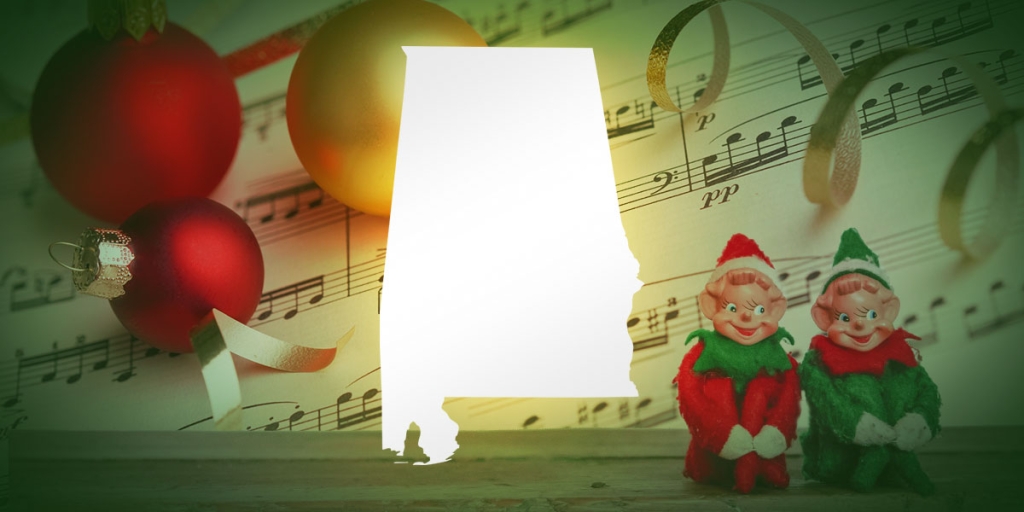
Listen to the 10 min audio
Read the transcript:
NEW BIBLICAL ARCHAEOLOGY FIND IN JERUSALEM
TOM LAMPRECHT: Harry, a new news item out of Israel’s newspaper Haaretz: Archaeologists recently announced they had found a fantastically preserved seal impression that was made by a Biblical governor of Jerusalem. The seal dates from the 7th century B.C., which puts it during the reign of King Josiah.
DR. REEDER: Historians actually doubt even the existence of Jerusalem during those days and any structure of government that would include a governor. I think it’s two or three different times in the Bible during that particular reign of Josiah, the governor is affirmed and is mentioned. Now we find that the archaeology, they’ve uncovered an artifact that tells us, “Oh, hey, the Bible was accurate again when we said that it wasn’t accurate.” This, actually, rather new discipline from the late 19th century, archaeology, continues to affirm the historicity of the Bible.
Now, let me go ahead and say there are some things that archaeologists are saying that would question the accuracy of the Bible, but what we have found is that, over a period of time, the very things that they’re questioning the accuracy of the Bible, as more things are discovered, all of a sudden, they find out it does affirm the accuracy of the Bible.
PREVIOUS DISCOVERIES THAT PROVED BIBLICAL TRUTHS
For instance, Mary Magdalene, called Mary Magdalene because she was from the area of Magdala, yet there was a question as to whether there ever was a city like Magdala. Well, not only has archaeology affirmed the reality that there is a city called Magdala, but it has affirmed the fact that it contained one of the seven synagogues that had been built in Israel. In fact, there are two of them on the Sea of Galilee, one at Capernaum and one at Magdala. They have just recently, when I was there a couple of years ago, they have also uncovered the vineyard or the garden of Naboth, who had his garden stolen by King Ahab and Jezebel. And, Tom, there are others as well.
TOM LAMPRECHT: Indeed. Seals belonging to King Hezekiah, a latrine built to a desecrated pagan shrine, in 1994, there was an inscribed stone known as a stele found near Tel Dan in northern Israel.
DR. REEDER: That affirmed how Dan, as a tribe, had migrated up north and that had been questioned and now we find out that that is true. I remember the stories about Jesus: “Well, there was no Pontius Pilate. We can’t find any record of a Pontius Pilate in any of the extra-Biblical sources, particularly, out of the Roman Empire.” Except for the fact that, all of a sudden now, we have the writings of Josephus and we have the writings of Eusebius and, most of all, is right there at Caesarea by the Sea where the governor’s palace had been built, they uncovered a stone with the name Pontius Pilate on it.
All of these things continually affirm the historicity of the Bible and historicity of Biblical truth is affirmed in the Scripture with appeals to it. Remember how Luke, when he talks about how he had put together the Gospel of Luke and then later the Book of Acts, refers to the fact that he had obtained his data — likely while Paul was in prison in Caesarea by the Sea — from “eyewitnesses.” Likely, he interviewed Mary, herself, who was under the care of the apostle John because of the way he refers to certain things that she says when he refers to Mary in the Biblical accounts.
And, beyond that, Tom, you have the apostle Paul, in 1 Corinthians 15, affirming the historicity of the resurrection when he says, “Here are the witnesses,” and he starts naming the personal witnesses and the groups of witnesses and then he says, “And, by the way, there were 500 witnesses to whom Jesus appeared in the Galilee.” Obviously, at that time, you could have called upon, probably, all those 500 witnesses. You could have stopped Christianity dead in its tracks by just bringing out witnesses opposed to the resurrection, that it actually didn’t happen or bringing out the body. They affirmed the historicity of an empty tomb, the historicity to the resurrected Christ.
The Bible is a book that is rooted in history. Here’s what many have said, beginning in the 19th century: “We think that these guys probably believe these things, that they were true. To them, they were true. That doesn’t mean that they were actually true.” Well, what we find out, the Bible doesn’t know anything about truth in terms of relativity or relativism in terms of truth. True truth is what is truth and that, when it says something happened in history, if it didn’t happen in history, then the Bible is untrustworthy. But, the Bible, we find out, is trustworthy and that Christianity is not a fabrication of men’s dreams — it is the revelation of Biblical truth in time and history and is verifiable in history as historical events.
DO FINDS EVER DISPROVE THE BIBLE?
TOM LAMPRECHT: Harry, we keep finding these pieces of evidence that verify the Bible is true. Have we ever found any evidence that there are things in the Bible that aren’t true?
DR. REEDER: We have found evidences that seemingly contradict Biblical truth but, as you move along in the study of that archaeological pit, they find out, “Oh, wait, wait. It is true.” In other words, they’ll find something that points to the fact that it is true. There have been isolated things that have been picked up and, then, as they continue to mature the study, then it always ends up affirming the Biblical account.
Of course, one of the most famous of all of these is the discovery of the Dead Sea Scrolls. We had been told many things: that the book of Isaiah actually is not the book of Isaiah — it’s three books by a claim of someone who used Isaiah’s name. Now, why did they do that? Well, they made that view of the book of Isaiah up not because there was any evidence, but the book of Isaiah contained prophecies. If you got a prophecy, then you got a God because only God can tell you what’s going to happen because prophecy is pre-written history. If you’ve got prophecy, then what you need to do is you need to post-date the book so that the guy’s really fabricating the story as a prophetic statement when, in reality, it’s already occurred and he’s only reporting something that has occurred.
Well, then, lo and behold, we find out, guess what, Dead Sea Scrolls — which predate Jesus — all of the messianic prophecies were already recorded and they found them in the jars. Here are scrolls that predate Jesus and that affirm the unity of Isaiah — the actuality of Isaiah, and the historicity of the prophecies, which means that Jesus is a fulfillment of true prophecy.
THE BIBLE IS REAL (OR IT’S NOT)
TOM LAMPRECHT: Harry, how ought we look at the Bible? You, on one hand, have a number of people that will look at the Bible and say, “Oh, yes, this is a book of history,” and, on the other hand, you’ll have a group of people that say, “Well, this is just a book of nice stories. We can’t really believe it, but they have a lot of nice moral parables in them.”
DR. REEDER: Well, first of all, I would say to those people that is utterly ridiculous to take a Bible that tells you that there is a God that you must worship and, if you do not and if you sin against Him, you’re going to come under judgment and there’s a place called Hell and there’s a place called Heaven — those could not be good moral, encouraging, inspiring stories. They have to be treated as fabrications that manipulate people if they are not true. If they are true, then praise the Lord.
I’m reminded of the story of the people that were riding by a church and the outside sign says, “Slow down. Stop. Destruction ahead.” And one guy got out of his car and went in there and said, “How dare you put that out there, manipulating people according to their fears?” “Well, because we don’t want you to be killed.” “Well, who are you to tell me?” And he said, “Well, all we are is the people that the highway patrol called because, one mile down the road, the bridge is out so we used our sign to warn you.”
THE BIBLE IS GOD’S GIFT TO BELIEVERS
Well, the signs that believers put out warning of a judgment to come — in that case, we’re dealing with a physical death that awaited you; we give a warning of a spiritual death. The guy viewed that as manipulation until he found out what? It was true. And so, people hear the warning of a judgment to come and see that as manipulation and, rightly so, if it’s not true but, if it’s true, it is a glorious gift of the grace of God, not only to warn you of the judgment to come, but to make a way for you to escape through Jesus Christ.
The Bible is a dependable book. It’s not a history book; it’s not just a book of stories — it is a book of truth revealed through stories. And the greatest story is the greatest story ever told: God loves sinners, not by loving their sin, but by providing His Son as a Redeemer so you can be delivered from your sins and that story is the truth.
Here’s what Jesus says: “Thy word is truth.”
Dr. Harry L. Reeder III is the Senior Pastor of Briarwood Presbyterian Church in Birmingham.
This podcast was transcribed by Jessica Havin, editorial assistant for Yellowhammer News. Jessica has transcribed some of the top podcasts in the country and her work has been featured in a New York Times Bestseller.
Podcast: Play in new window | Download
Subscribe: RSS












